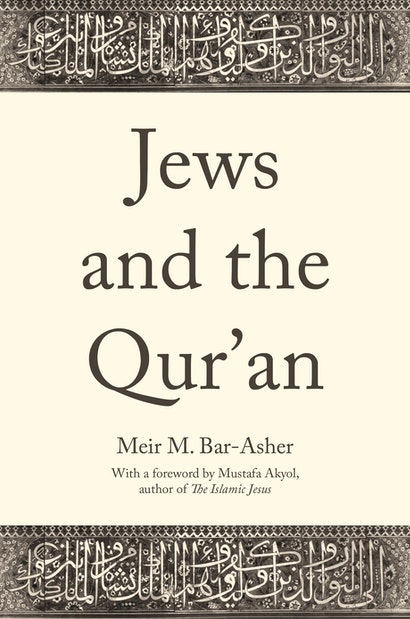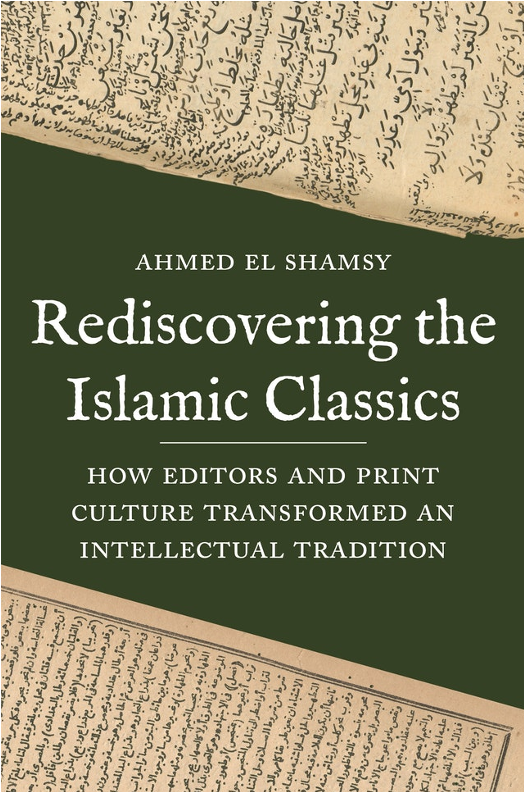New Publication: Jews and the Qur’an (Princeton U. Press, 2021)
Princeton University Press recently published Jews and the Qur’an by Meir Bar-Asher (2021). Interested readers can purchase the book here at the publisher’s website.
 Publisher’s Description: In this panoramic and multifaceted book, Meir Bar-Asher examines how Jews and Judaism are depicted in the Qur’an and later Islamic literature, providing needed context to those passages critical of Jews that are most often invoked to divide Muslims and Jews or to promote Islamophobia. He traces the Qur’anic origins of the protection of Jews and other minorities living under the rule of Islam, and shows how attitudes toward Jews in Shi‘i Islam are substantially different from those in Sunni Islam. Bar-Asher sheds light on the extraordinary contribution of Jewish tradition to the Muslim exegesis of the Qur’an, and draws important parallels between Jewish religious law, or halakha, and shari‘a law.
Publisher’s Description: In this panoramic and multifaceted book, Meir Bar-Asher examines how Jews and Judaism are depicted in the Qur’an and later Islamic literature, providing needed context to those passages critical of Jews that are most often invoked to divide Muslims and Jews or to promote Islamophobia. He traces the Qur’anic origins of the protection of Jews and other minorities living under the rule of Islam, and shows how attitudes toward Jews in Shi‘i Islam are substantially different from those in Sunni Islam. Bar-Asher sheds light on the extraordinary contribution of Jewish tradition to the Muslim exegesis of the Qur’an, and draws important parallels between Jewish religious law, or halakha, and shari‘a law.
An illuminating work on a topic of vital relevance today, Jews and the Qur’an offers a nuanced understanding of Islam’s engagement with Judaism in the time of Muhammad and his followers, and serves as a needed corrective to common misperceptions about Islam.
Hardcover
- Price:
- $24.95 / £20.00
- ISBN:
- 9780691211350
- Published (US):
- Nov 30, 2021
- Published (UK):
- Jan 4, 2022
- Copyright:
- 2021
- Pages:
- 192
Meir M. Bar-Asher is the Max Schloessinger Professor of Islamic Studies at the Hebrew University of Jerusalem. His books include Scripture and Exegesis in Early Imāmī Shiism and The Nusayrī-‘Alawī Religion: An Enquiry into Its Theology and Liturgy. He lives in Jerusalem.
© International Qur’anic Studies Association, 2021. All rights reserved.


